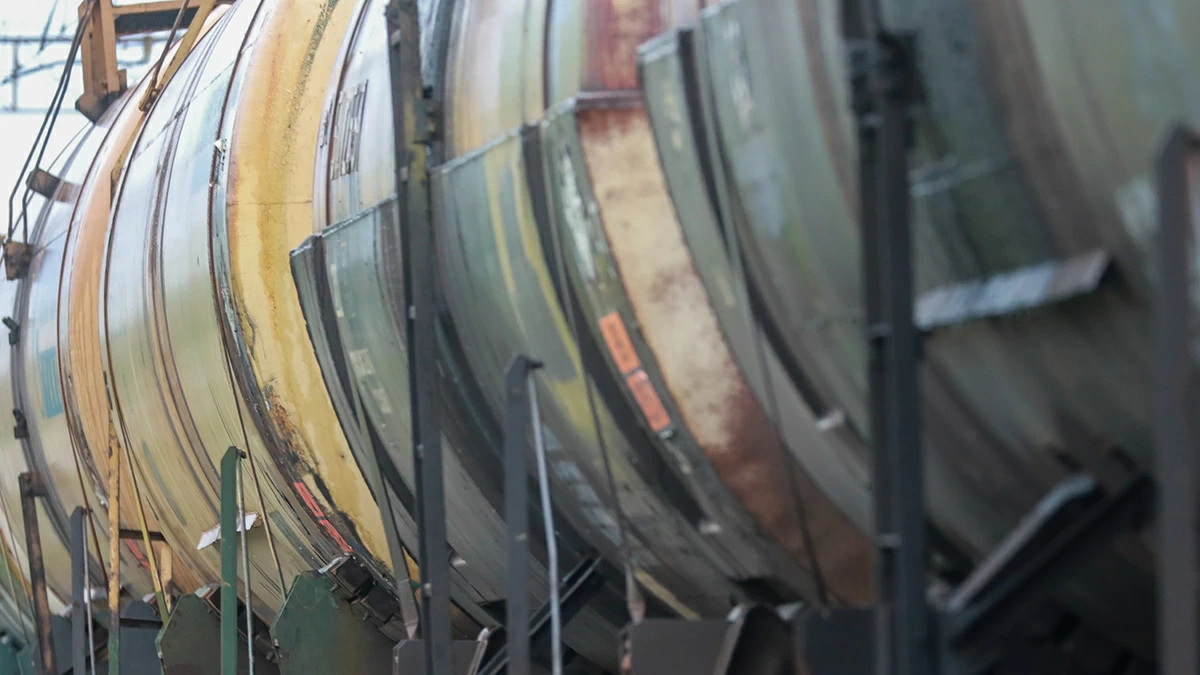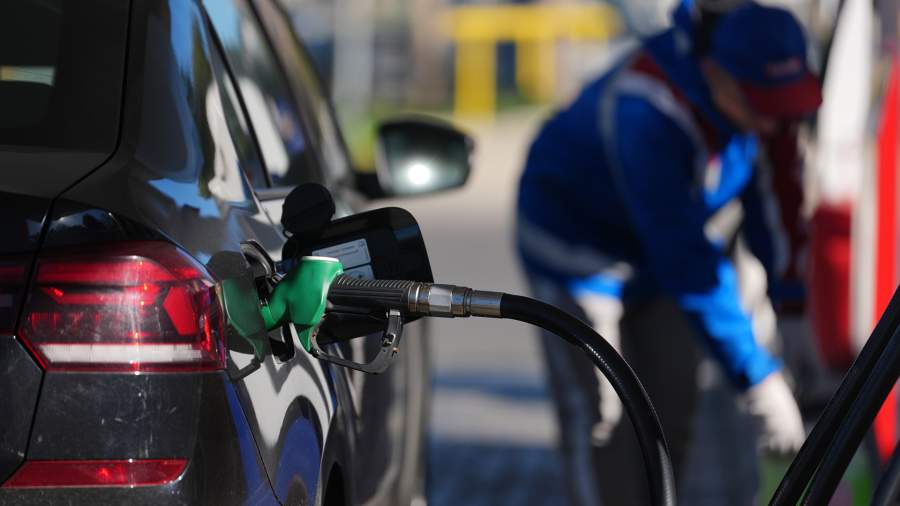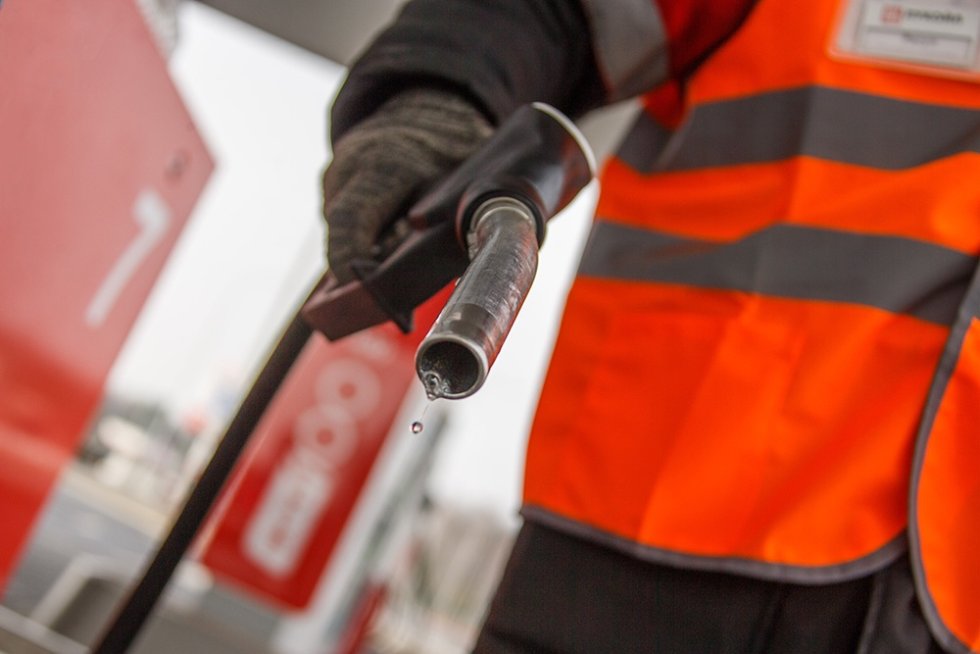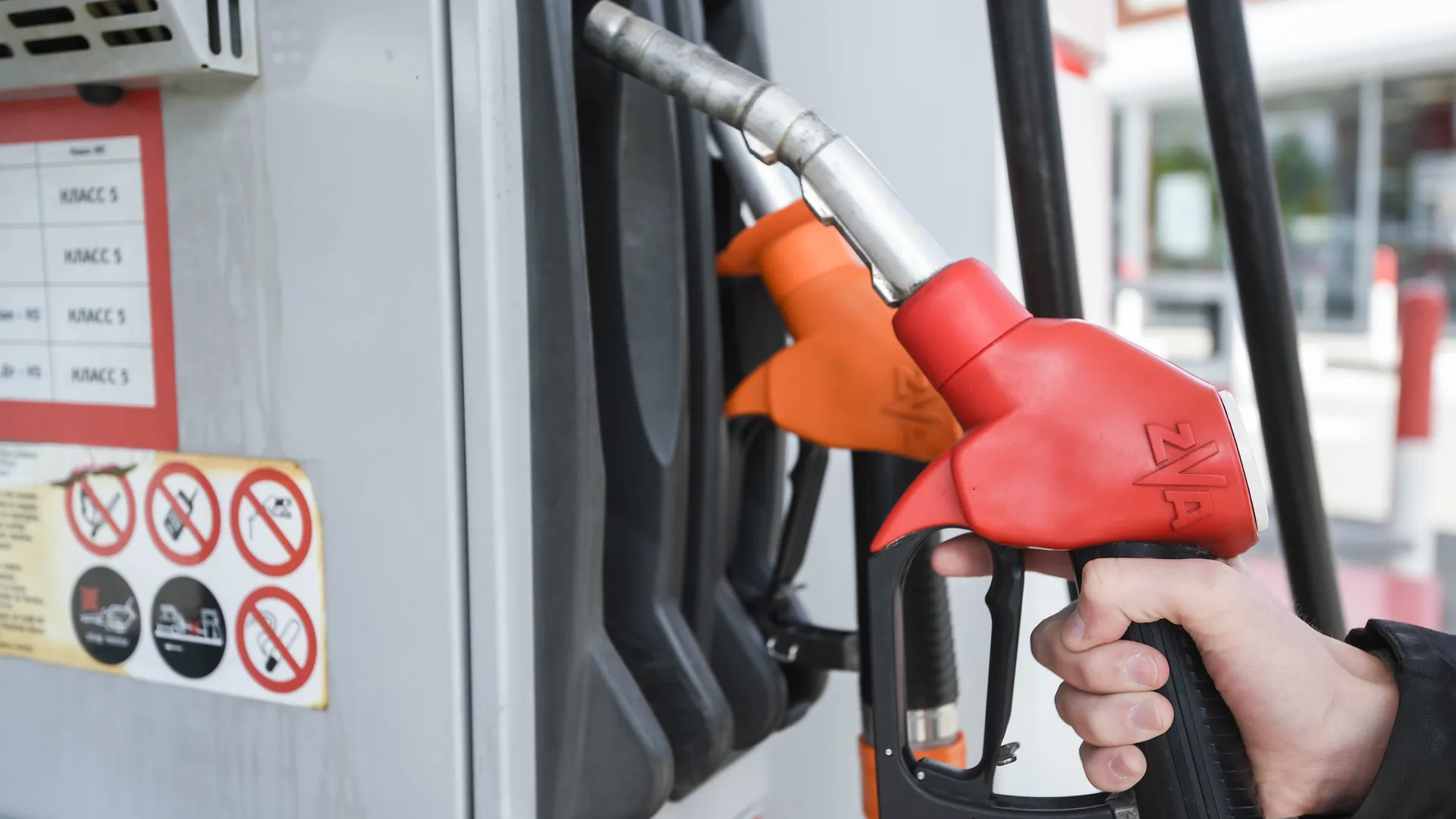What are you looking for:
Expert discusses the implications of raising the deviation threshold for dampers
The threshold for possible deviations of wholesale fuel prices from indicative levels for damping payouts will be raised by 10 percentage points - to 20% for gasoline and to 30% for diesel fuel, according to materials related to the federal budget project for 2026-2028.
"Simply changing the damping rules will contribute to price stabilization—albeit at higher levels than in the first half of 2025. Therefore, in the last quarter of 2025, there will be a certain lull in the exchange compared to what we observed in August and September," the agency's contact stated.
In a longer-term perspective, "the determining factor will be the dynamics of fuel production," noted Tereshkin. If this is not stabilized, the risks of price increases will persist in 2026, he believes.
According to the St. Petersburg Exchange, the price of AI-92 gasoline rose by 6.3% in September, with its average price for the month reaching 72,302 rubles per ton, which is below the potentially adjusted damping cutoff (72,540 rubles per ton). Therefore, oil companies may receive damping payouts if the permissible deviation threshold for wholesale prices is retroactively increased by 10 percentage points—starting from September 1.
The damping is paid in favor of oil companies only if the export price of fuel exceeds the domestic Russian price. Additionally, according to the current Tax Code, if the average stock market price of gasoline in Russia exceeds the cutoff by 10% and diesel fuel by 20% in a given month, the payouts are nullified.
Source: Prime




